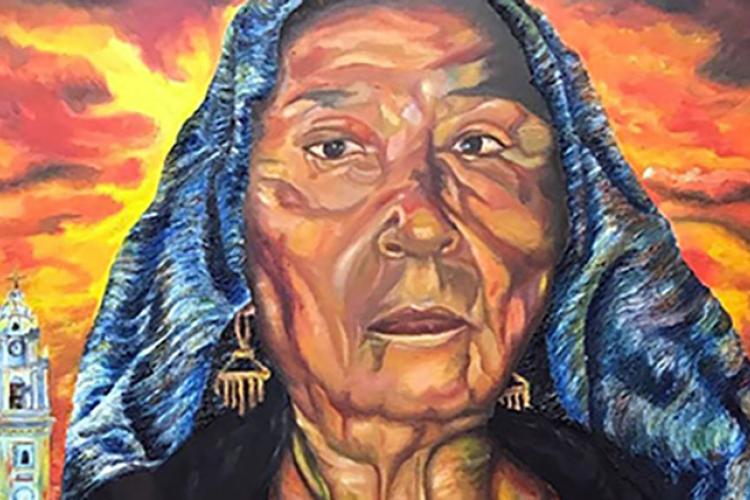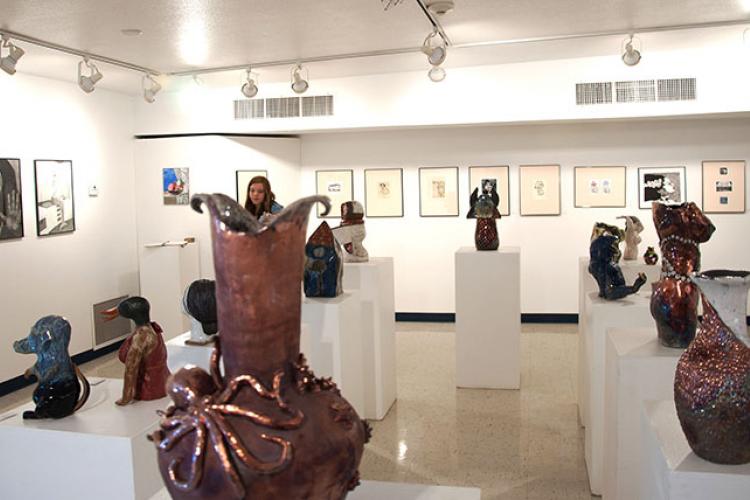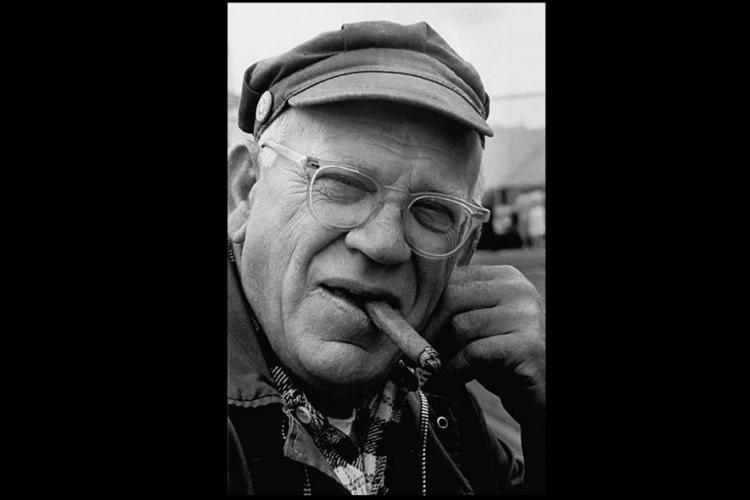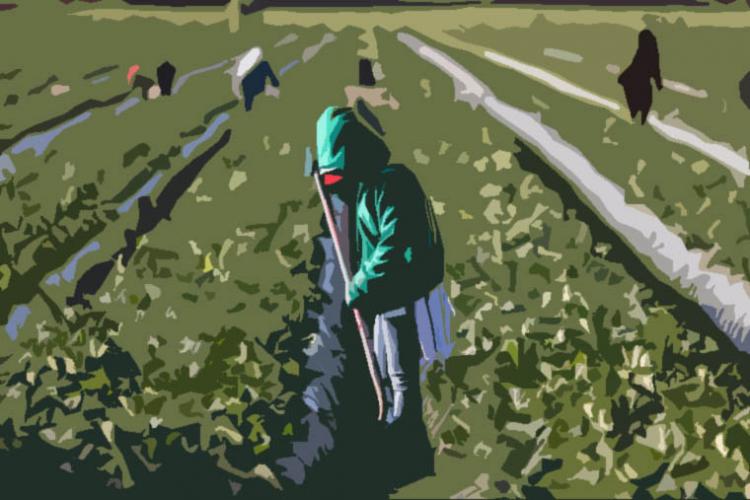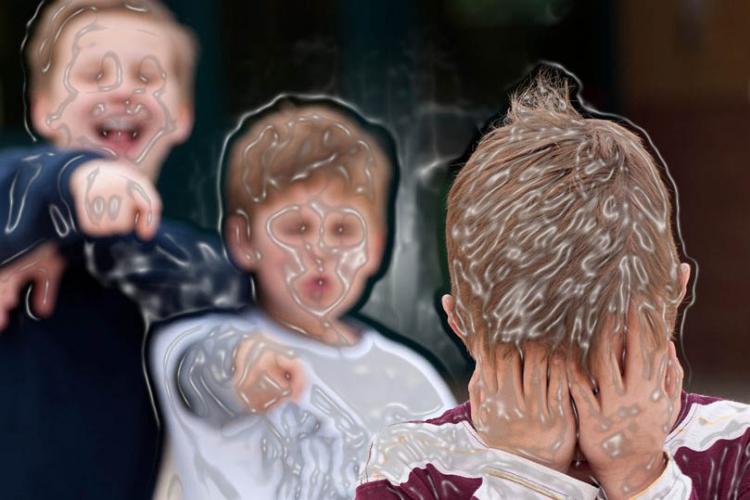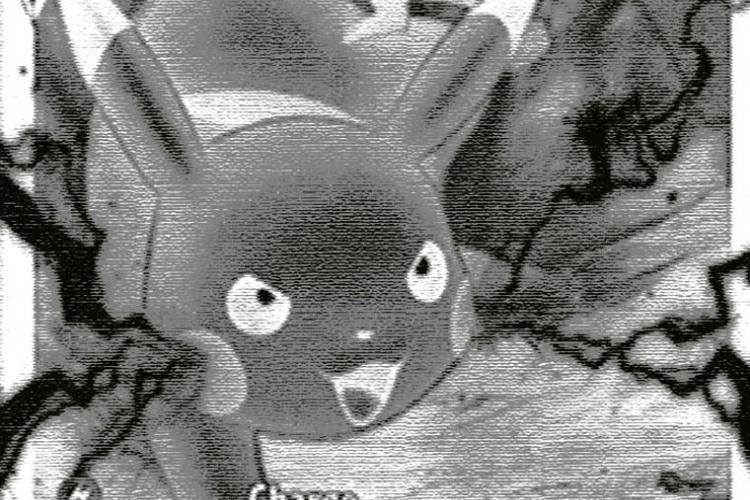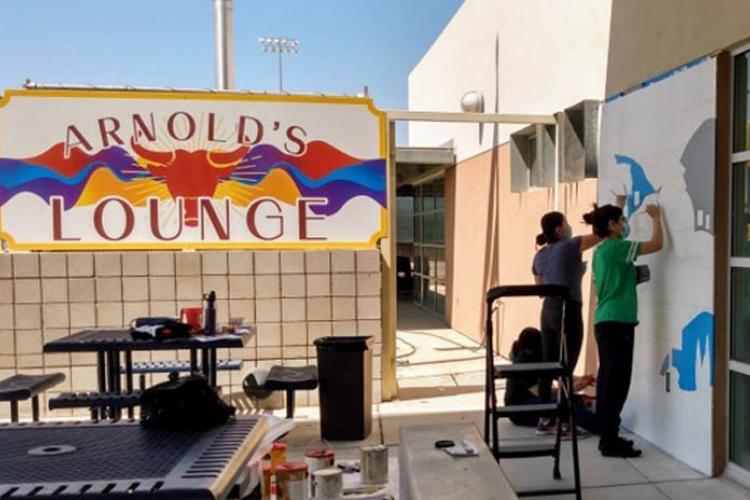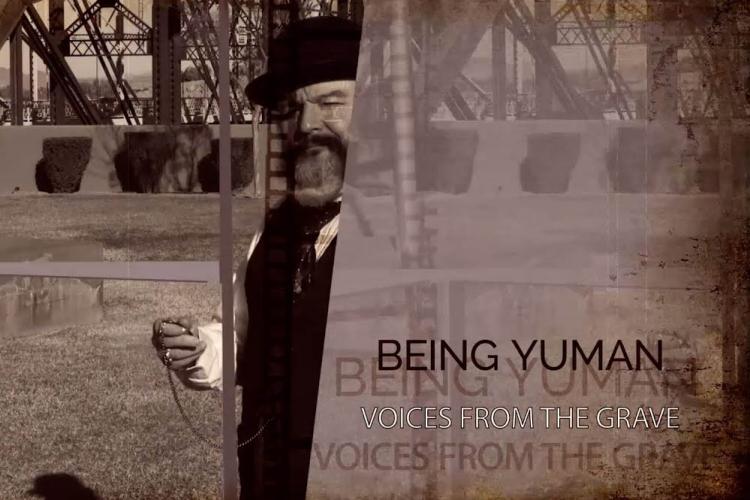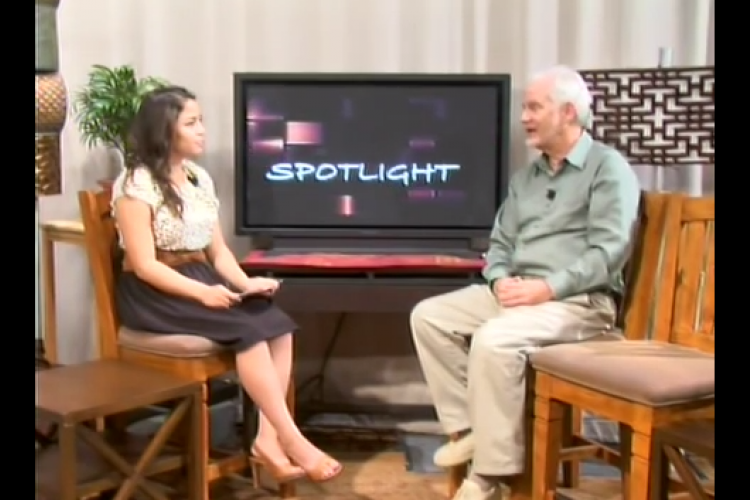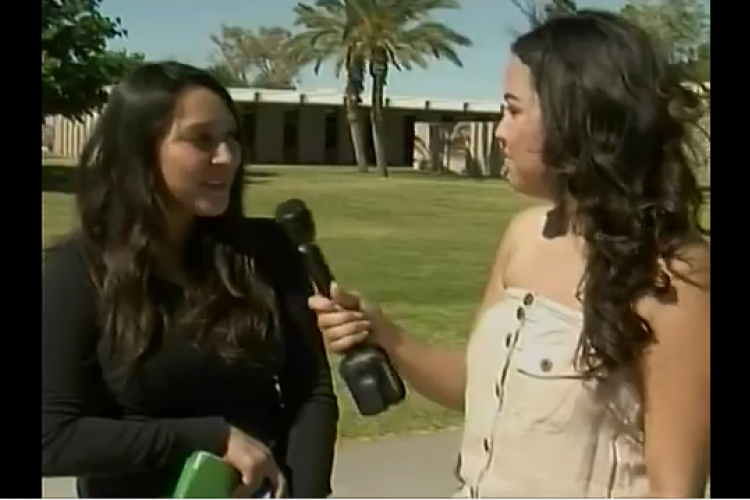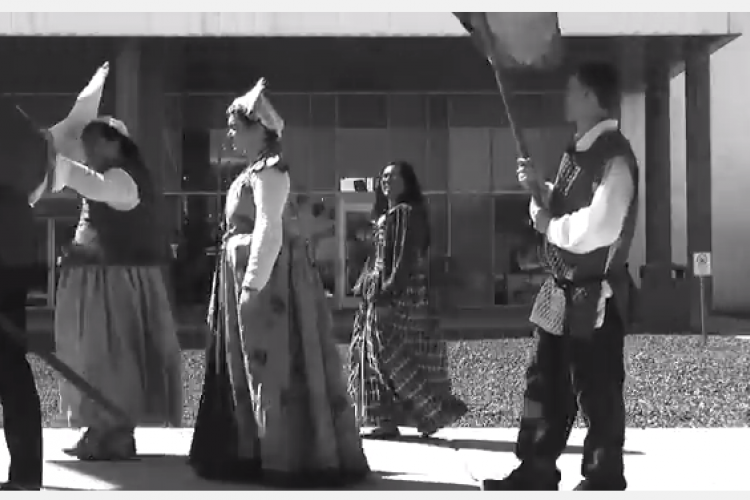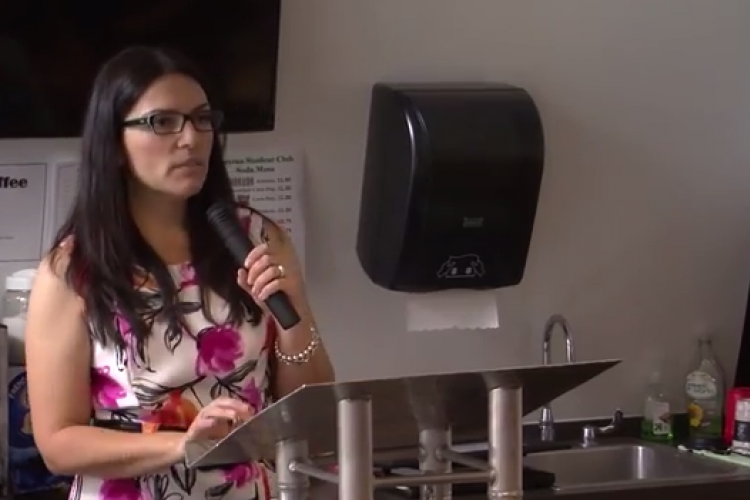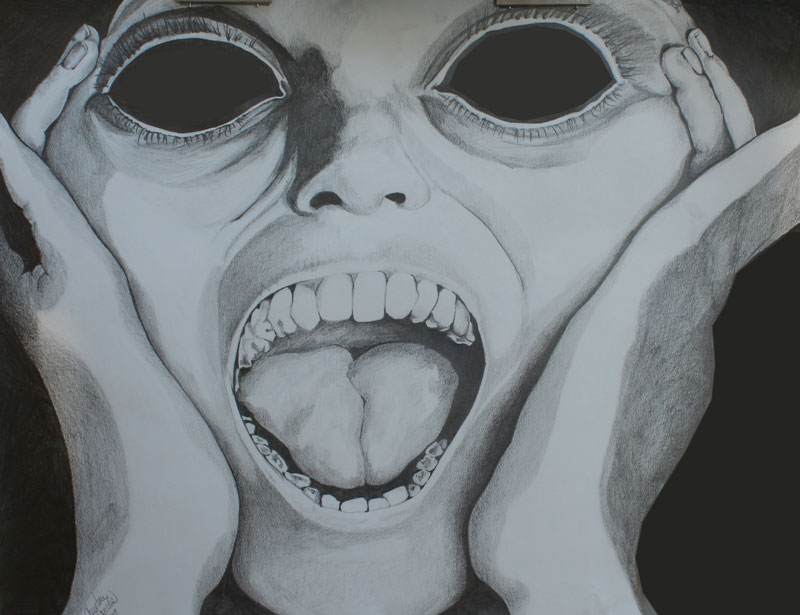
Most people would be surprised to know that, before I constructed a life as a working writer and poet, I was a pre-veterinarian major. I was admittedly a serious tomboy as a young girl. After climbing trees and collecting what I deemed as immensely thrilling insects, what I enjoyed above all was a good read.
In college, I would experience only what I can identify as a pure panic attack as I calculated the amount of time it would take for me to graduate if I continually disregarded my core biology courses for such sweet delectables as twentieth-century poetry, intro to creative writing, novel writing with Brett Lott and African Women’s literature. It was not long before the literature and writing classes won out. I submitted the change of major form and embarked on a wondrous journey of letters, writing and language. I have never regretted not becoming a veterinarian.
One of my teachers at the time was the great poet Paul Allen. He is, to this day, a friend and inspiration. His assignments were at once brutal and necessary. I cherished his every peppered word. I loved his writing assignments. It was on an exceedingly humid Carolina day when he helped alter the very shape of my mind and future life to come. He popped in a ragged video of Robert Bly and Lucille Clifton giving separate readings at some popular poetry festival in Middle America.
While Bly’s work continues to resonate within me, it was the hypnotic sway of Clifton that sent the literal shivers up my spine. Hers was an exceedingly round and beautiful face, one of a dark hue. Her eyes were bright. Round. Sharp. Her countenance–jolly. There was a visceral sense, which translated well in the tape, that the audience was caught in a genuine and sophisticated spell.
I wish that I could recall an exact poem that I heard that day. I can’t. What followed was my heading straight to the library and checking out every Lucille Clifton work our library possessed—which, as I recall, was not much. At this time, America lauded Maya Angelou as one of the greatest living poets. She had reached a near unheard-of commercial success. I would approach any and every conversation with this question: “Have you heard of Lucille Clifton?” Or, “Have you read Clifton?” I was always disappointed because heads would shake, and there was a clear look in the eye which smacked of a response: “Never heard of her. Who?”
Artists of any genre are always inspired by, stimulated by and even haunted by their “master” and their masterpiece(s). Blessing the Boats became the collection for me that impacted my work because it forced me to consider, as a very new poet, various aspects of poetry writing that I had failed to consider, such as line breaks, style, structure and poetic shape. What makes Clifton so remarkable is that at first read her poems are almost too simplistic, too minimalistic, too personal.
Yet, upon second reading, we can see that her poems are far from simplistic. While they center on the mundane, they are brilliant in their ability to force us to regard life’s minutiae in exceedingly spiritual and complex ways. Clifton’s use of minimalism only forces us to regard language, to focus on word choice, to savor the vowel sounds in a single four-line, 12-word poem. Each word is significant – each chosen for emphasis and connotative power. And, while the poems are deeply personal, isn’t the deeply personal what great literature concerns itself with – the fundamental connections which link humanity?
Clifton loved to write. She made no apologies for her writing. And, as a young African-American woman from the South seeking mentors, she made no bones about being black or writing about black themes or experiences. What makes her a genius is that she makes every reader care about those same experiences regardless of their own race or experience. That, for me, is the sign of good writing.
Why should you read Clifton? Because she is “goooood.” And? She made history. She was the first and only poet to ever have two volumes of poetry selected in the same year for the Pulitzer Prize. In addition, she won the coveted Ruth Lily Prize, which awards $100, 000 to a living poet whose lifetime body of work is deemed meritorious and profoundly enriching.
Lucille Clifton is my chosen literary inheritance. In my mind, her poetry is rich and engaging in ways that few poets engage me. Furthermore, Clifton’s poetry conveys her passion. There is never a moment when we feel that she is aware of her “writerly” self. There is only the clear sense that she is carrying on an illustrious affair with her craft and that she has made the craft her own.
One of my life-long goals was to meet and talk with Clifton. Last year, on Valentine’s Day weekend, I did just that, in Chicago. It was truly one of the most special and indelible moments of my life. Lucille Clifton died this year, Valentine’s Day weekend. She is greatly mourned by poets and poetry lovers worldwide.

